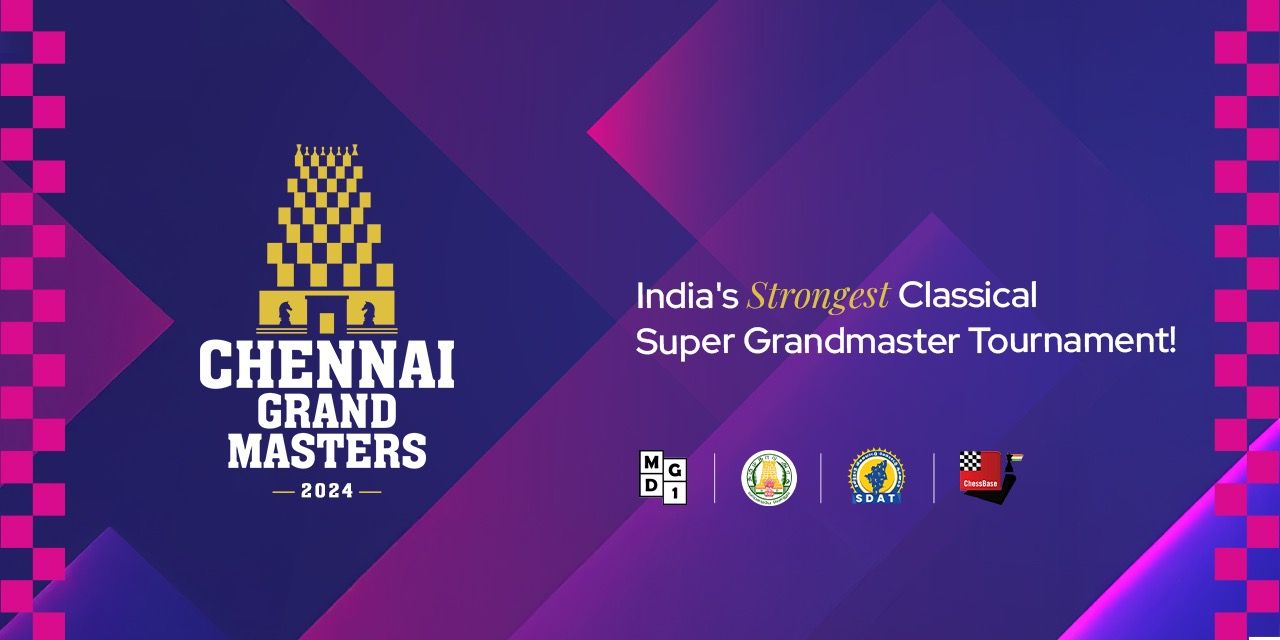As the vibrant city of Chennai, a recognized epicenter of chess excellence, once again opens its doors to the world`s finest minds, the 3rd edition of the Chennai Grand Masters tournament is poised to be more than just another stop on the global chess calendar. Kicking off on August 6th, this classical format event isn`t merely about claiming a trophy; it`s a critical strategic battleground, a meticulously designed warm-up for the rigorous 2026 World Championship Cycle.
The Return to Classical: Finding the Rhythm
After a year brimming with diverse formats – from rapid-fire blitz to challenging online spectacles – many top players are eager to recalibrate their internal clocks and settle back into the profound depths of classical chess. This tournament, spanning nine rounds over ten days with a single rest day on August 11th, offers the perfect stage. Classical chess demands a different kind of endurance, a deeper contemplative approach where every move is a significant investment, rather than a hurried calculation against the ticking clock. For those with aspirations in the upcoming FIDE Grand Swiss and FIDE World Cup – events that will determine five coveted Candidates spots – regaining this classical “groove” is not just advisable, it`s absolutely essential.
High Stakes in the Southern Sun: A Path to Glory
The significance of the Chennai Grand Masters extends far beyond its immediate prize pool. It offers invaluable FIDE Circuit points, a currency of critical importance for ambitious grandmasters. The tournament`s format, where players begin with 90 minutes and gain a 30-second increment per move after the 40th, ensures a thorough test of strategic planning and precise execution. Should ties emerge at the end of the nine rounds, the intensity will only escalate with blitz tie-breaks, where three-minute games with two-second increments promise a thrilling conclusion. This event, in many ways, serves as a modern-day forge, shaping the champions of tomorrow.
Indeed, the tournament`s own history provides a powerful testament to its impact. The inaugural Chennai Grand Masters in 2023 was the very stepping stone that propelled Gukesh Dommaraju onto his historic trajectory, providing the crucial Circuit points that ultimately led him to the Candidates Tournament and, subsequently, the World Championship crown. For players like Arjun Erigaisi, Vincent Keymer, and Anish Giri, this precedent is a tangible reminder of the tournament`s potential as a launchpad.
The Contenders: A Blend of Established and Ascendant Stars
The Masters field boasts an impressive lineup, indicative of the tournament`s growing prestige. World No. 6, India`s own Arjun Erigaisi, enters the fray widely considered a favorite, yet he will face formidable challenges from a truly international cast. Dutch stalwart Anish Giri, the promising German talent Vincent Keymer, and India`s strong grandmasters Vidit Gujrathi and Nihal Sarin are all set to deliver intense battles. The roster is further bolstered by talents like Jorden van Foreest (Netherlands), Awonder Liang and Ray Robson (USA), and Indian hopefuls V Pranav and Karthikeyan Murali. This diverse assembly guarantees a melting pot of styles and strategies.
Adding another layer of interest, the Challengers tournament is an exclusively Indian affair, featuring a mix of seasoned players and rising stars. Notably, two prominent women grandmasters, Harika Dronavalli and Vaishali Rameshbabu, are part of this competitive field, alongside talents such as Leon Luke Mendonca, B Adhiban, and Abhimanyu Puranik, showcasing the depth of Indian chess talent.
Strategic Absences: The Demands of Elite Chess
While the lineup is stellar, some notable names will be absent from Chennai. Current World Champion Gukesh Dommaraju, for instance, finds himself halfway across the globe, engaged in the elite Grand Chess Tour events in St. Louis. Having already secured the ultimate title, his focus naturally shifts to other prestigious challenges. Similarly, R Praggnanandhaa, another rising Indian phenom, will be joining the Sinquefield Cup shortly after the Chennai event concludes, making his participation here logistically challenging. Their absence, far from diminishing the tournament, merely underscores the incredibly demanding and packed schedule faced by the world`s chess elite – a schedule that requires calculated decisions on where to invest precious time and energy.
Chennai: A Blueprint for Future Chess Success
In essence, the Chennai Grand Masters stands as a crucial waypoint for many. It`s not just a tournament; it`s a strategic investment in the long game of the World Championship cycle. For players looking to sharpen their classical skills, accumulate vital FIDE Circuit points, and build unshakeable confidence, a strong performance in Chennai could very well be the opening gambit to a truly historic run. The echoes of Gukesh`s success still resonate, serving as a powerful reminder that sometimes, the most significant journeys begin right here, under the southern sun, on the 64 squares of a chessboard.

